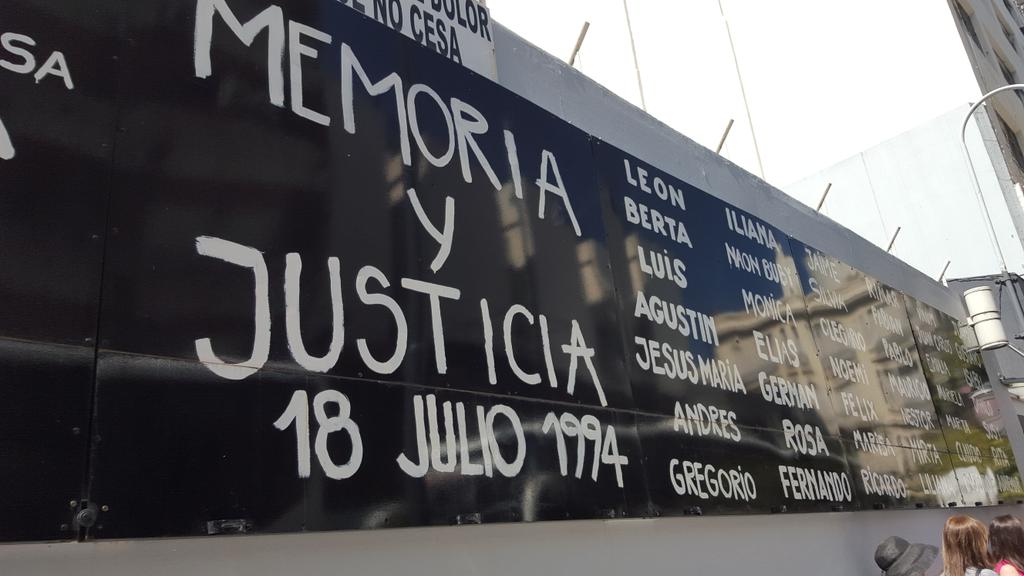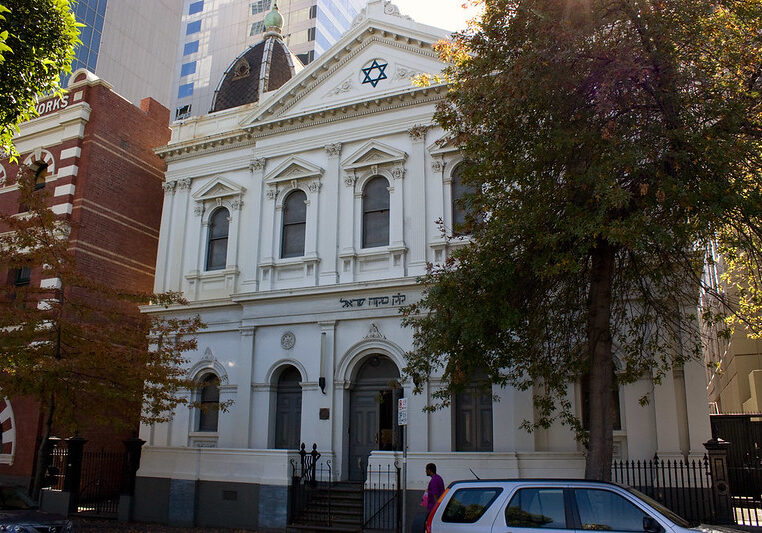Australia/Israel Review
The Last Word: A grim anniversary
Jan 27, 2023 | Jeremy Jones

December 23, 2022, marked forty years since the day on which bombs were detonated at the Israeli Consulate offices in William Street, East Sydney, and at the Hakoah Club near Bondi Beach.
It is a date I will never forget, given that my original plans for the day would have placed me in close proximity to both attacks.
The Israeli Vice-Consul was a friend, and we would meet weekly to discuss politics, the media and other mutual interests.
A rare change to my schedule, the result of an invitation to give a lecture to a youth group, meant I was not standing by the door of the Consulate at the time the bomb exploded.
That evening, I had been due to go to the Hakoah Club, in my capacity as the organiser of one of the events in the 50th Maccabi Carnival, which was scheduled to start in Sydney a few days later.
The Consulate bombing was a preoccupation that stopped me being in the Hakoah Club when the explosion there took place.
Fortunately, a combination of incompetence by the terrorists and good fortune meant that there were limited injuries or property damage, but it was clear that the intention was to cause death and destruction.
Hundreds of competitors and many friends, families and fans were arriving in Sydney for the Maccabi Carnival. The already-comprehensive security needed to be further upgraded, but the Carnival was able to go ahead.
Meanwhile, this December, around the time of the Sydney bombings anniversary, I was visiting sites of two deadly terrorist attacks in Buenos Aires, a multicultural city with a highly visible, vibrant Jewish community.
On March 17, 1992 a bomb set at the Israel Embassy resulted in the deaths of 29 people, including Israeli Embassy personnel, local Embassy employees, elderly residents of a nearby nursing home and schoolchildren on a passing bus.
As the Israeli MFA puts it, “In one moment, the embassy and the nearby church were literally wiped off the map. Hezbollah, calling itself a ‘party of God’, claimed responsibility for the attack.”
On July 18, 1994, a terrorist drove a vehicle packed with hundreds of kilograms of explosives into the Jewish community’s AMIA (Asociacion Mutual Israelita Argentina) building. The result was 85 fatalities and hundreds of people injured.
Today, the rebuilt AMIA building has displays and memorials to honour the victims, but to my mind an even more important tribute is that inside the Metropolitan Cathedral of Buenos Aires.
This unique memorial is dedicated to both the victims of the Holocaust and those who perished in the terrorist attacks perpetrated in Buenos Aires against the Israeli Embassy and the AMIA community centre. (Visit https://en.mercopress.com/2019/07/18/a-unique-monument-pays-tribute-to-the-victims-of-the-amia-bombing).
However, it is one thing to remember the attacks and to honour the memory of the terrorists’ victims, and another to bring perpetrators to justice. No one has yet been brought to justice for either the Sydney or Buenos Aires attacks.
In the immediate aftermath of the Sydney attacks, international and Australian authorities assessed this was likely the work of the PLO or an associated group, while the PLO’s representative in Australia, Ali Kazak, told the ABC that the likely perpetrator was “the enemies of the Palestinians, namely, Israel.”
That is why the findings handed down on the 40th anniversary of the Sydney bombings by NSW State Coroner Teresa O’Sullivan were so important.
Ms O’Sullivan identified the person with central responsibility as Hussayn Al-Umari, who established and led the May 15 Palestinian terrorist group, while noting the group was assisted by “one or more local supporters.”
This finding came not long after the State Government increased the reward for information leading to convictions relating to the two bombings to $1 million and made clear this was an open investigation and not a “cold case”.
We must remain hopeful that the perpetrators of the Sydney, and Buenos Aires, attacks will yet face consequences for their barbarism.
Tags: AMIA, Australia, Hezbollah, International Jewry, Terrorism






